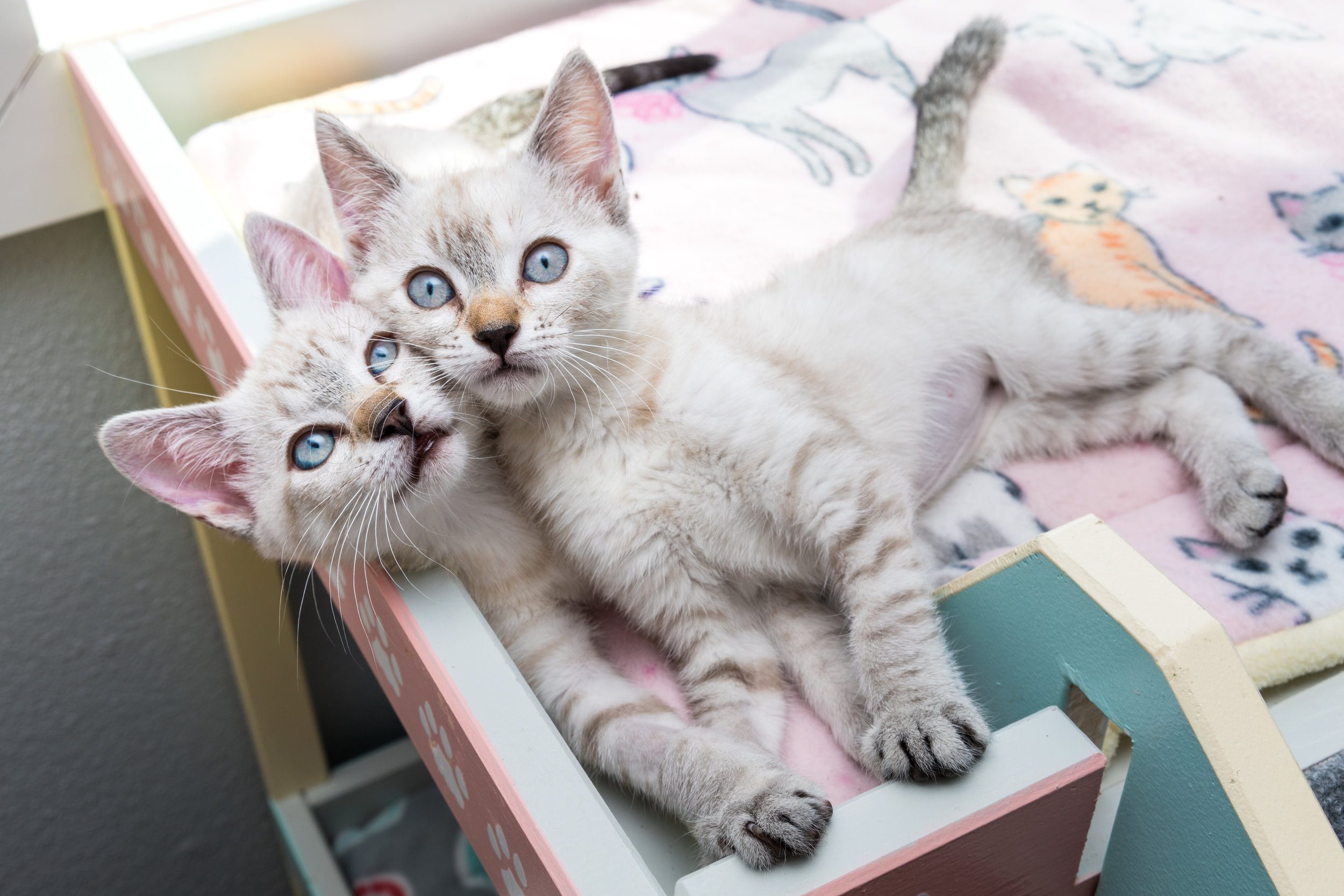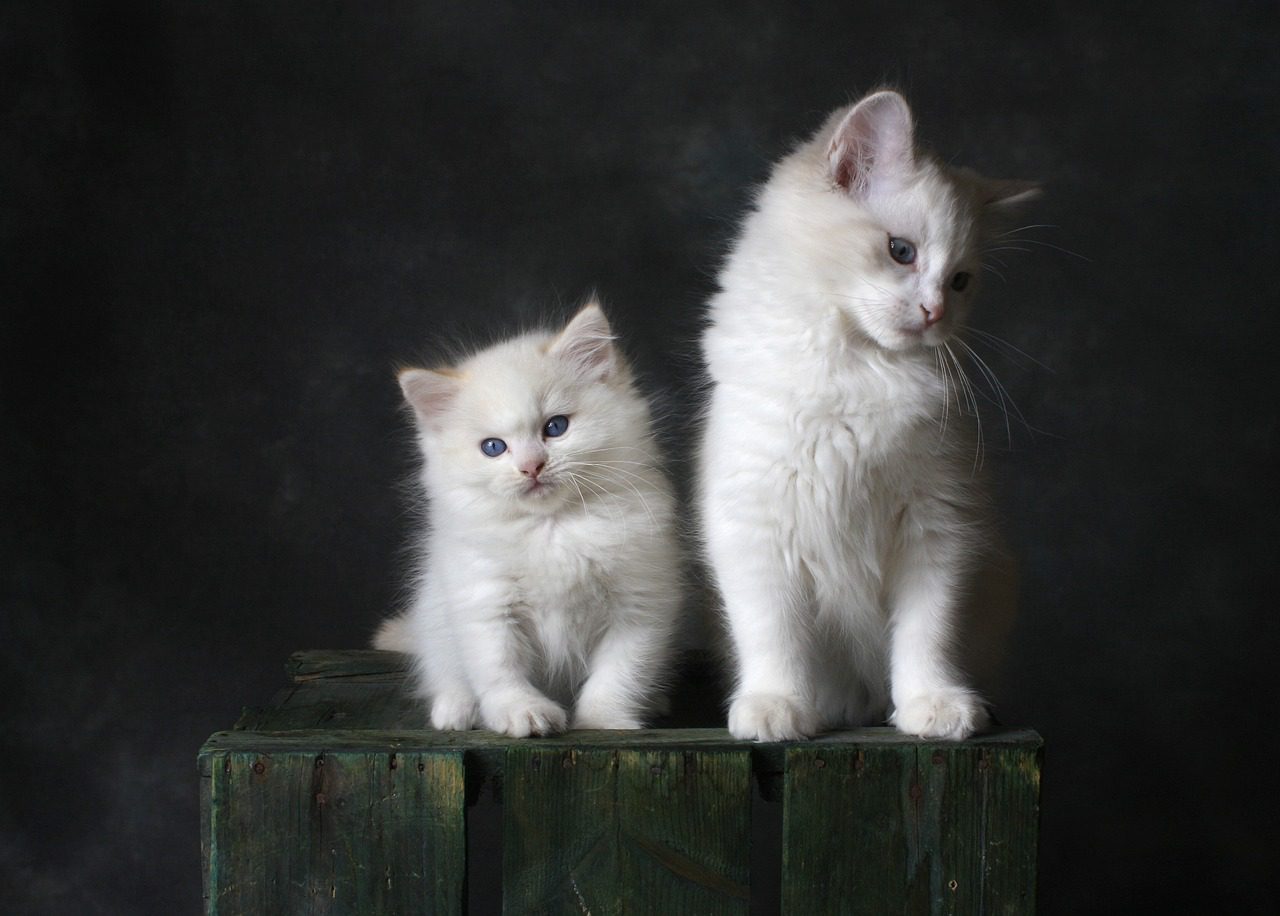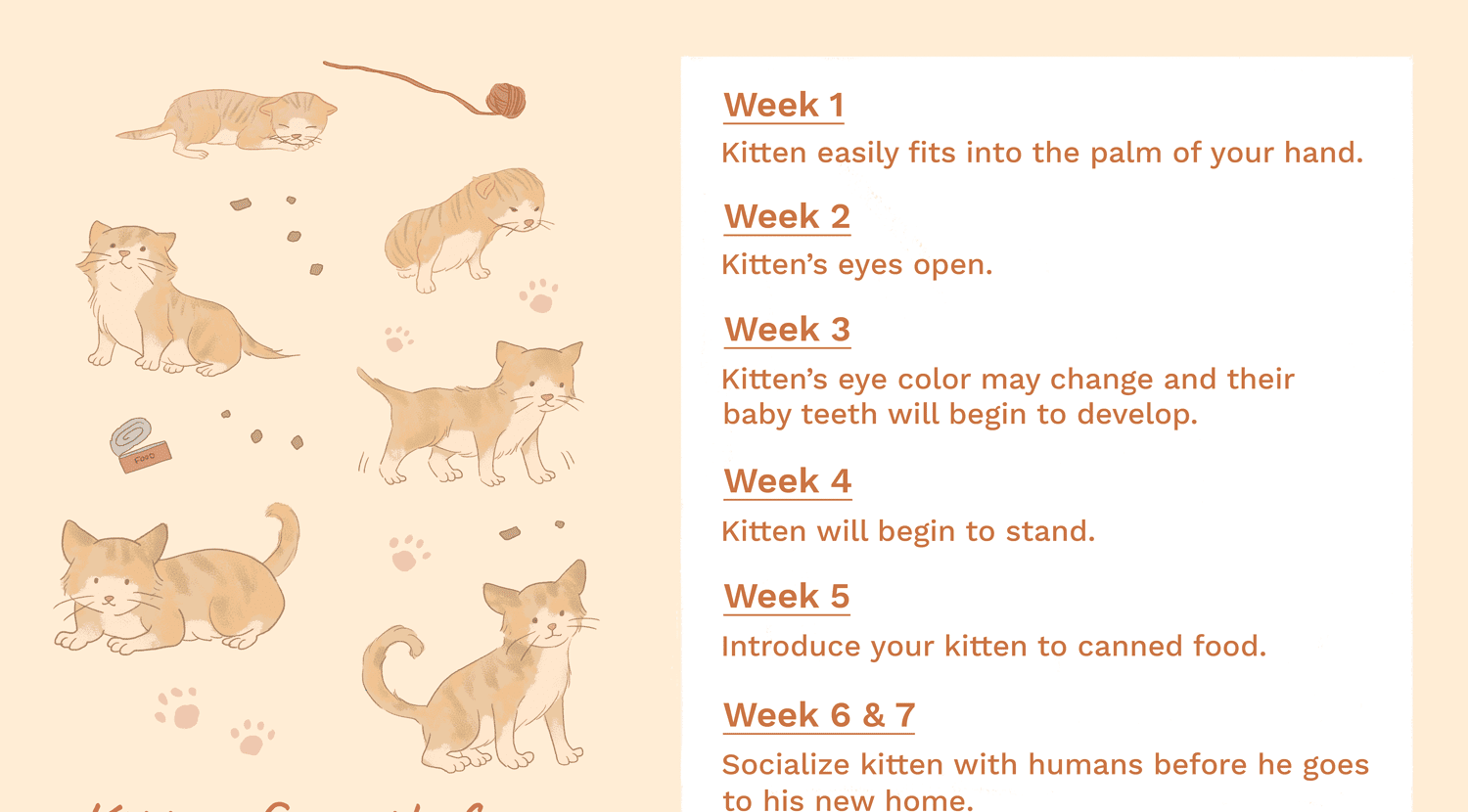Are you curious about how kittens grow and develop? If so, you're in for a treat! Exploring the fascinating journey of kitten development from 6 to 12 weeks not only provides valuable insights into their adorable antics but also helps us understand their needs better. Whether you are a proud cat owner or simply have an interest in these furry creatures, delving into this subject will give you the knowledge to provide optimal care and create a strong bond with your feline friend. So, let's embark on this exciting adventure together and uncover the secrets of kitten growth!
Key Takeaways:
- Kittens at 6 to 12 weeks old are highly curious and eager to explore their surroundings.
- During this period, kittens should be exposed to various social interactions and experiences to promote their development.
- It is important to provide a safe and stimulating environment for kittens to encourage their physical and mental growth.
- Kittens at this age should receive a balanced diet that supports their rapid growth and development.
- Regular veterinary check-ups are crucial during this stage to monitor the kitten's health, administer necessary vaccinations, and address any potential issues early on.
Important Milestones in a Kitten's Development from 6 to 12 Weeks
Growth and Physical Development
During the period of 6 to 12 weeks, kittens undergo significant growth and physical development. They continue to gain weight and their bodies become more proportionate. Their bones strengthen, making them more agile and able to jump higher. By this age, most kittens have all their baby teeth, which will eventually be replaced by adult teeth. Their coordination improves, allowing them to run, pounce, and climb with greater ease.
Sensory Development
Between 6 to 12 weeks, kittens' senses become more refined. Their eyesight is fully developed, enabling them to see clearly at different distances. They can also distinguish colors and track moving objects accurately. Their hearing continues to improve, allowing them to detect a wider range of sounds. Kittens become more responsive to touch during this stage as well.
Socialization and Behavior
During this crucial period, kittens start developing social skills by interacting with their littermates and mother. They learn how to play-fight, groom each other, and establish hierarchy within the group. It is important for kittens to have positive interactions with humans during this time as well. Gentle handling and exposure to various stimuli help them build trust and confidence around people.
Physical Changes in Kittens from 6 to 12 Weeks
Fur Growth
Between 6 to 12 weeks old, kittens experience rapid fur growth. Their soft kitten fur begins to be replaced by the coarser adult fur that will eventually develop its final coloration pattern. This process may result in some patches or stripes appearing temporarily until the adult coat fully grows in.
Eye Color Change
Around the age of 7 to 8 weeks, kittens' eye color starts to change. Initially, their eyes are usually blue or gray, but during this period, they may transition to their permanent color. The final eye color can vary depending on the individual cat's genetics.
Sexual Development
Between 6 to 12 weeks old, kittens' sexual characteristics start to become more apparent. Male kittens may have slightly larger genitalia compared to females. However, it is important to note that they are not yet sexually mature and cannot reproduce at this age.
Feeding Guidelines for Kittens at 6 to 12 Weeks Old
Mother's Milk and Weaning
At around 6 weeks old, kittens begin the weaning process. While they still rely on their mother's milk for nutrition, they also start eating solid food. It is important to introduce a high-quality kitten food that is moistened with water or kitten formula to make it easier for them to consume. Gradually decrease the amount of milk provided by the mother as the kittens become more accustomed to solid food.
Frequency and Portion Size
During this stage, kittens should be fed multiple small meals throughout the day. Aim for four or five meals spaced evenly apart. Offer an appropriate portion size based on their age and weight as recommended by a veterinarian or pet nutritionist.
Water Availability
Kittens should always have access to fresh water starting from a young age. Provide a shallow dish of water that is easily accessible for them. Make sure to clean and refill the water dish regularly.
Teaching Kittens to Use the Litter Box: Tips for Owners
Litter Box Placement
Choose a quiet location for the litter box where your kitten can have privacy and feel safe while using it. Place the litter box away from their food and water bowls to avoid any association between elimination and eating areas.
Proper Litter Box Size
Ensure that the litter box is large enough for your growing kitten to comfortably move around in. A shallow entry point will make it easier for them to access the box, especially if they are small or have mobility challenges.
Positive Reinforcement
Encourage your kitten to use the litter box by providing positive reinforcement when they do so correctly. Praise them with gentle words or treats immediately after they eliminate in the litter box. This positive association will help them understand that using the litter box is desirable behavior.
Kittens' Independence and Exploration at What Age?
Developing Independence
Between 6 to 12 weeks old, kittens start developing a sense of independence. They become more curious about their surroundings and may venture away from their mother and littermates to explore on their own. This exploration helps them gain confidence and learn about their environment.
Supervised Exploration
While kittens may display increased independence during this period, it is still important to supervise their exploratory activities. Ensure that the environment is safe for them by removing any potential hazards or toxic substances that they could come into contact with.
Balancing Freedom and Safety
Allowing kittens some freedom to explore while maintaining a safe environment is crucial during this stage of development. Gradually expand their boundaries as they grow older, always keeping an eye on their safety.
Socializing Kittens with Animals and Humans: Benefits and Timing
Benefits of Early Socialization
Early socialization plays a vital role in shaping a kitten's behavior and temperament throughout its life. Properly socialized kittens tend to be more confident, adaptable, and friendly towards both humans and animals. They are less likely to exhibit fear or aggression in new situations.
Timing of Socialization
The period between 6 to 12 weeks is an ideal time for socializing kittens. During this critical window, they are more receptive to new experiences and less fearful of unfamiliar stimuli. Exposing them to a variety of people, animals, and environments helps them become well-adjusted adult cats.
Positive Experiences
When socializing kittens, it is important to create positive experiences. Gradually introduce them to new people, animals, and situations in a calm and controlled manner. Use treats or playtime as rewards for their cooperation during these encounters.
Signs of a Healthy Kitten between 6 to 12 Weeks Old
Healthy Appetite
A healthy kitten will have a good appetite and show enthusiasm for mealtime. They should eat their food without hesitation or difficulty.
Energetic Behavior
Kittens at this age should display high energy levels and engage in playful behavior. They should be active, curious, and eager to explore their surroundings.
Clean Coat and Bright Eyes
A healthy kitten will have a clean coat that appears shiny and well-groomed. Their eyes should be clear with no discharge or redness.
Kittens who are healthy will have regular bowel movements without any signs of diarrhea or constipation. They should also urinate regularly without any difficulty or discomfort.
By providing comprehensive information tailored for a 7th-grade reading level audience while maintaining an engaging tone, the reader will gain valuable knowledge about the important milestones in a kitten's development from 6 to 12 weeks old.
In conclusion, the development of kittens from 6 to 12 weeks is a crucial period where they learn important skills and behaviors. It is essential for their health and well-being that they receive proper care, socialization, and training during this time.
What should 6 week old kittens be doing?
When kittens reach this stage of development, they are able to run and play energetically. While they are starting to rely less on their mother and become more independent, they may still nurse and seek comfort from her.
What is the fading kitten syndrome?
Fading kitten syndrome refers to a condition in which newborn kittens struggle to survive and are at risk of dying before they can be weaned. The symptoms can vary depending on the underlying cause and may include excessive crying, low body temperature, lack of energy, isolating from their littermates, weight loss, and difficulty in sucking.
At what age can kittens retract their claws?
The claws are a crucial aspect of a young kitten's body. In the initial month of its life, the claws are fixed and cannot be retracted, which helps the kitten stimulate milk production by kneading its mother. At around four weeks old, the kitten gains the ability to retract its claws into its paws.
What to expect from a 10 week old kitten?
The kittens are now 10 weeks old and have reached maturity. They are able to move around freely and are prepared to be adopted into new homes, as long as they have been spayed or neutered and have been socialized. If you have been caring for the kittens since they were born until now, congratulations! You have put in the effort necessary for them to grow into healthy and content cats.
Where should a 6 week old kitten sleep at night?
During the initial nights, it is recommended to keep your kitten in a warm and comfortable area near your bed. Kittens prefer to feel protected and safe, so if feasible, placing them at an elevated position can also enhance their sense of security.
Can 6 week old kittens be left alone?
It is not recommended to leave kittens under four months old alone for more than four hours. Once they are older than four months, they can handle being alone for an additional hour or so. By the time they reach six months, they can tolerate being alone for a full eight-hour day without any company.

















